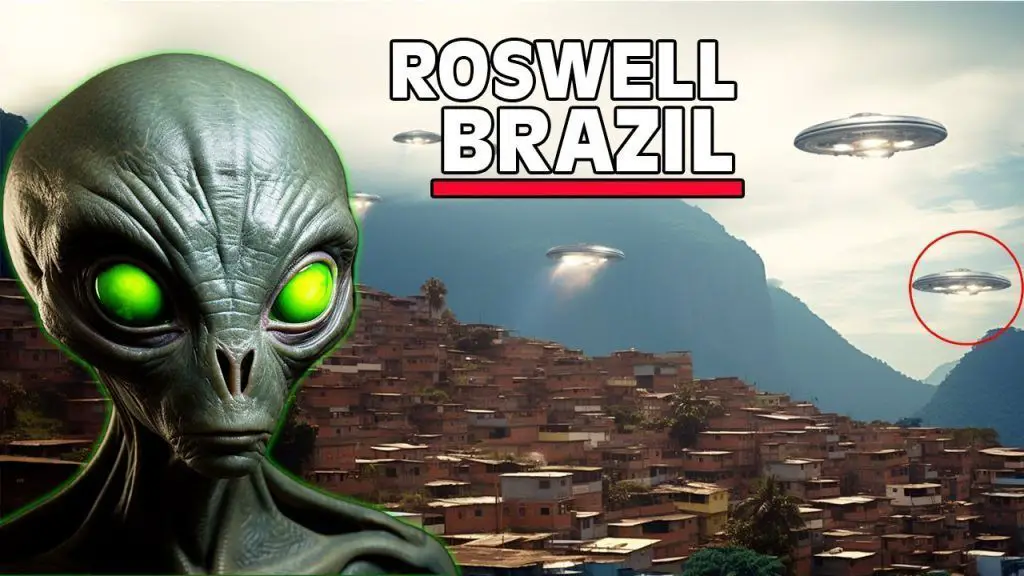

In the annals of modern science and technology, there’s an enduring and tantalizing debate that stirs the imagination of many: Did some of our monumental technological advancements, like transistors and Kevlar, arise from our contact or study of extraterrestrial technology?
A Tech Leap: The Transistor’s Story
Consider the transistor, an essential component in nearly all electronic devices today. Its invention in 1947 transformed technology, paving the way for the digital age. Some argue its rapid development was improbable without some form of otherworldly inspiration. However, skeptics assert that the transistor’s invention was merely a natural progression of human understanding, built on years of prior research. The truth? Possibly somewhere in between. One can’t deny the enormous impact of the transistor, regardless of its origins.
Kevlar: Accident or Alien Insight?
Kevlar, with its striking strength and lightness, is renowned for its use in bulletproof vests. Official records credit its discovery to Polish-American chemist Stephanie Kwolek during her time at DuPont in the 1960s. Yet, some UFO enthusiasts believe Kevlar’s creation might be linked to alien tech. Drawing parallels with the supposed 1947 UFO crash near Roswell, they speculate that debris from the crash site might’ve influenced Kwolek’s research. Could this material, described as incredibly light and nearly indestructible, have shared characteristics with Kevlar?
Shadowy Sites: Area 51 & Beyond
Area 51, in the remote Nevada desert, is often touted as the mecca of UFO and alien conspiracies. Bob Lazar, a physicist, made waves when he claimed to have worked on reverse-engineering alien technology at Area 51’s sub-location, S4. He described nine different alien crafts and even mentioned an element, now known as Moscovium (Element 115), as being central to their propulsion. Despite the skepticism surrounding his claims, such stories fuel the public’s fascination with the possibility of extraterrestrial tech on Earth.
Other rumored hotspots for such secretive operations include Wright-Patterson Air Force Base in Ohio, Kapustin Yar in Russia, and Pine Gap in Australia.
Claims and Controversies
Philip J. Corso, a familiar name in ufology, penned the controversial “The Day After Roswell,” (Amazon link) asserting direct knowledge of reverse-engineering alien technology. He credited tech marvels like integrated circuit chips, fiber optics, and even night vision to insights gleaned from the Roswell crash.
Yet, as with many such claims, Corso’s narrative is met with a blend of belief and skepticism. The lack of tangible evidence and the passage of time have muddied the waters.
VIDEO: The Brazilian Roswell UFO Story You Didnt Know Existed
Whether or not extraterrestrial influences had a hand in shaping our technological timeline, the stories surrounding them serve as a testament to human curiosity. These tales urge us to continually question, explore, and marvel at the universe’s mysteries. So, the next time you swipe your smartphone or see a bulletproof vest, ponder for a moment on its possible otherworldly connections. The blend of science, history, and a sprinkle of extraterrestrial intrigue truly offers a riveting journey of discovery.
Ex-presidential advisor Malmgren says he held UFO material & saw alien survivor video. Secret tech… Read More
A U.S. Navy veteran has stepped forward to recount his extraordinary experience with an unidentified… Read More
Man in Buga, Colombia captures a UFO crash on video and recovers the mysterious object.… Read More
Declassified CIA files reveal a Cold War incident where Soviet soldiers were allegedly turned to… Read More
Location: Plaza Huincul, Neuquén, ArgentinaDate & Time: April 11th, 2025 – 20:11 hours A stunning… Read More
Skywatcher claims to summon UFOs with a special signal. Pentagon is watching closely. Nine types… Read More
This website uses cookies.